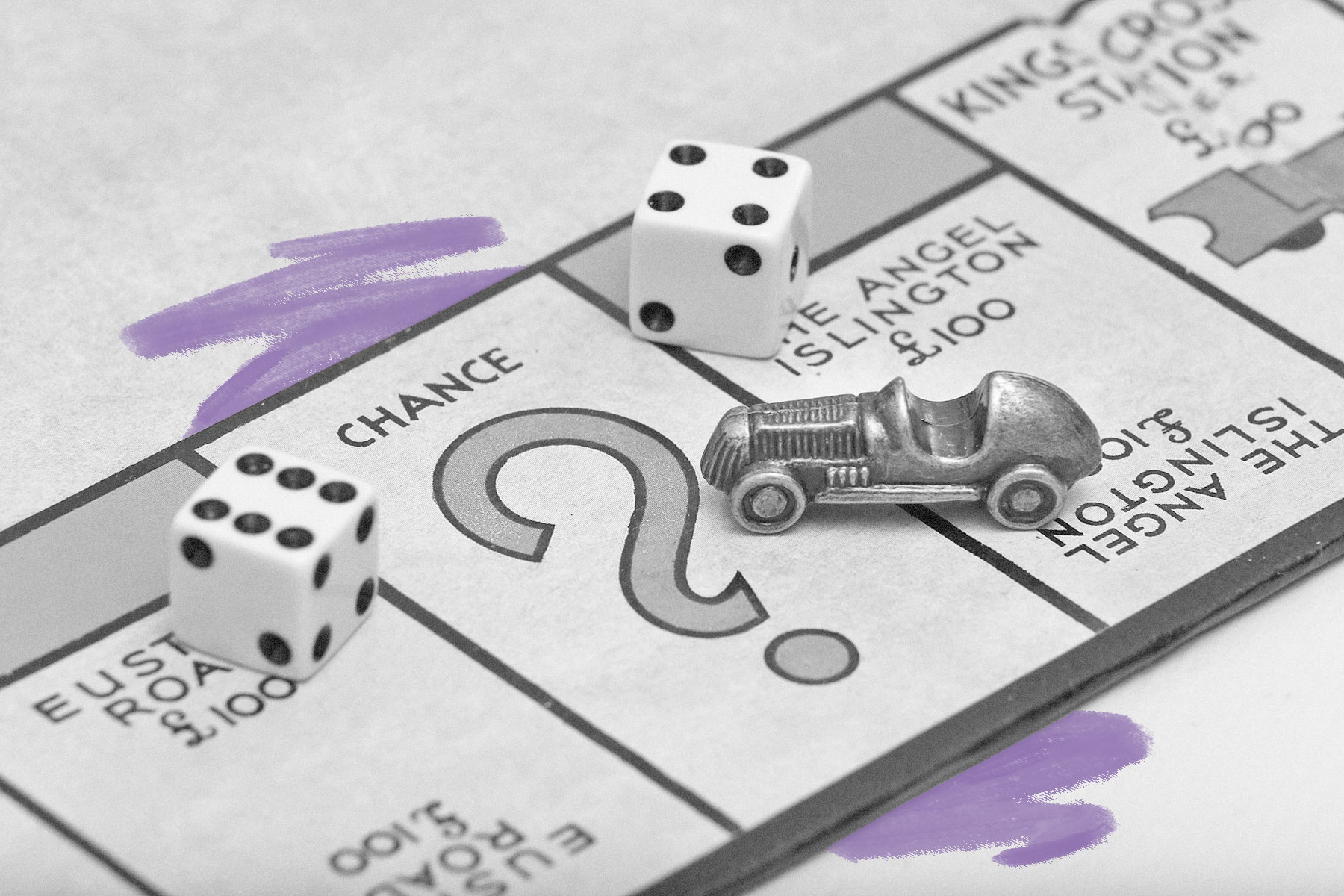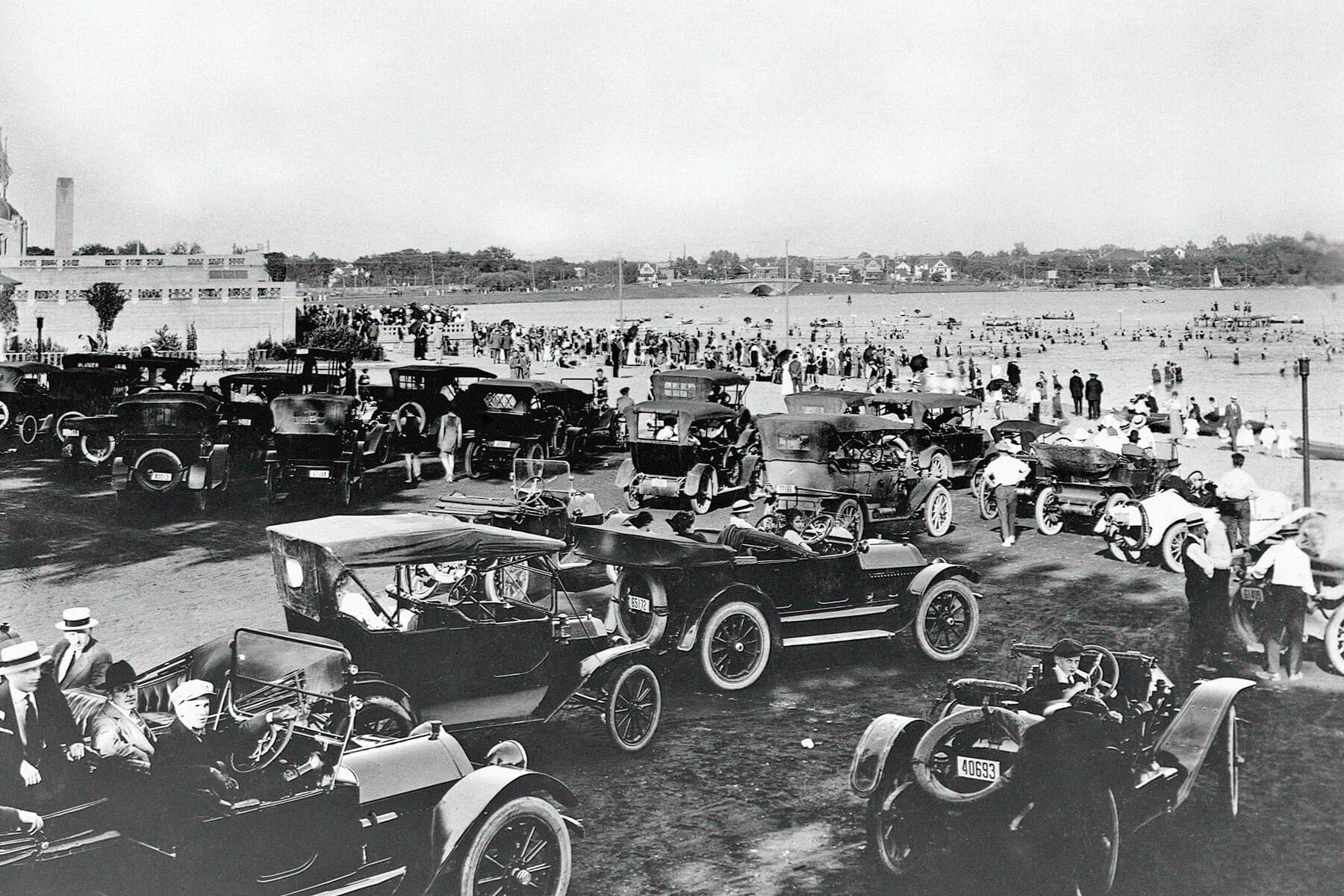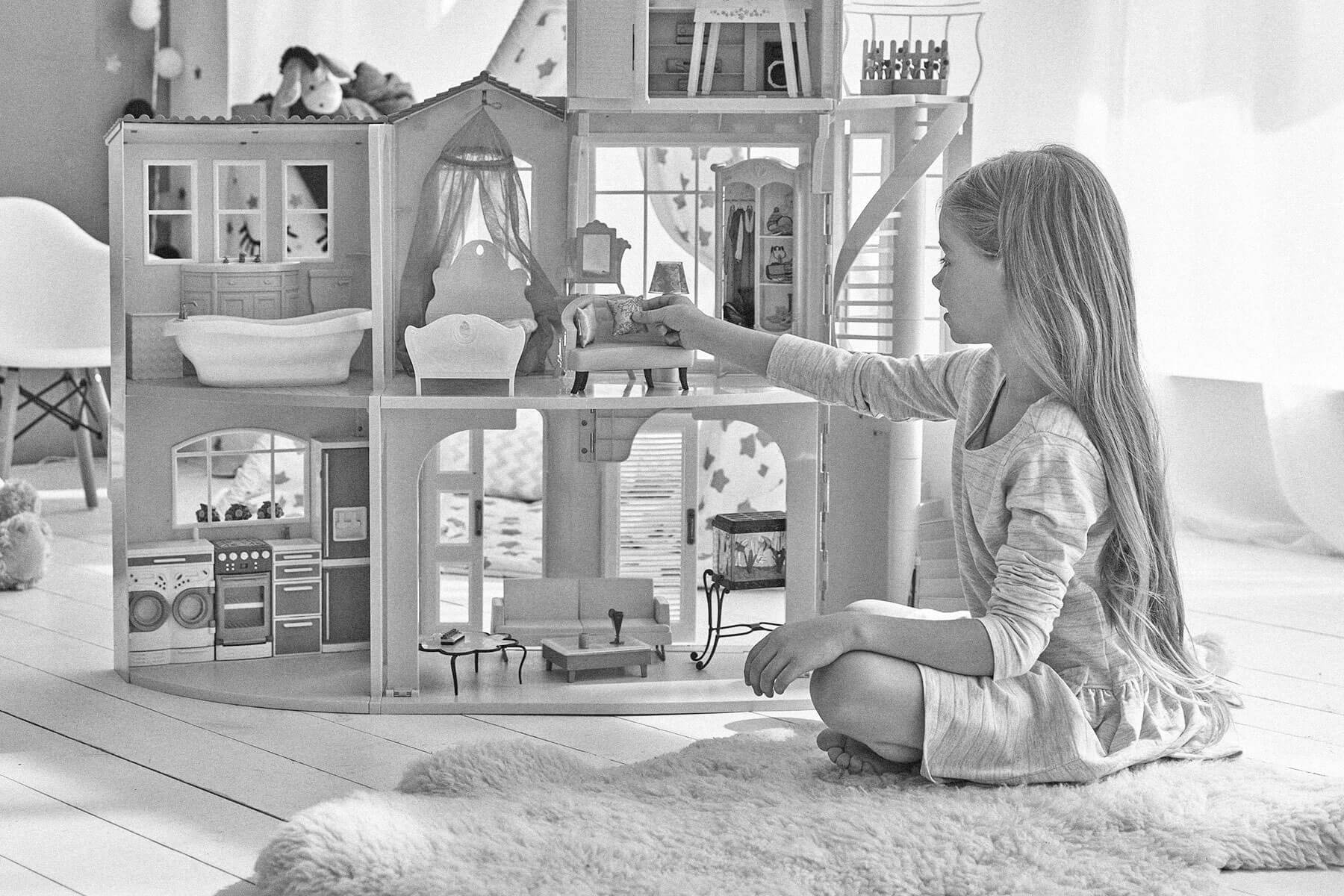 |
During WWII, the British used Monopoly games to help POWs escape. |
World History |
 |
| |
| The sneakily altered Monopoly boards were distributed to Nazi-run POW camps as part of larger aid packages. In addition to the standard thimble and dog game pieces, each board contained metal "playing pieces" that were actually escape tools, such as a file and magnetic compass. Each version also contained silk maps provided by the intelligence agency, which could be unfolded discreetly without drawing attention. What's more, these special editions swapped out fake Monopoly money for real German, Italian, and French currency that could be used to bribe guards. The British government also contracted game company John Jaques & Son to create chess sets and versions of Snakes and Ladders that contained hidden compartments with escape tools. | |
 | |
 | |||||||||
By the Numbers | |||||||||
| |||||||||
| |||||||||
 | |||||||||
| |||||||||
Standard Monopoly locations are based on Atlantic City, New Jersey. | |||||||||
| Monopoly is based on an earlier board game called the Landlord's Game, an anti-capitalist game created by a woman named Elizabeth Magie. It became so popular that people made homemade versions featuring locations in their own regions. One of these directly inspired the standard Monopoly board we know today, and can be traced back to a woman named Ruth Hoskins. In the 1920s, Hoskins moved to Atlantic City, New Jersey, and introduced the Landlord's Game to her friends there. The group decided to create a new version featuring locations and prices that were directly tied to Atlantic City's actual property values at the time. One of Hoskins' friends — Charles Todd — later presented the Atlantic City-themed version to his own friend Charles Darrow, who sold the Monopoly concept to Parker Brothers in 1935. While designing the official board, Parker Brothers stuck with the Atlantic City-based locations, which became the standard. | |||||||||
 | |||
Recommended Reading | |||
 | |||
| | |||
 | |||
| | |||
| + Load more | |||
|





No comments:
Post a Comment